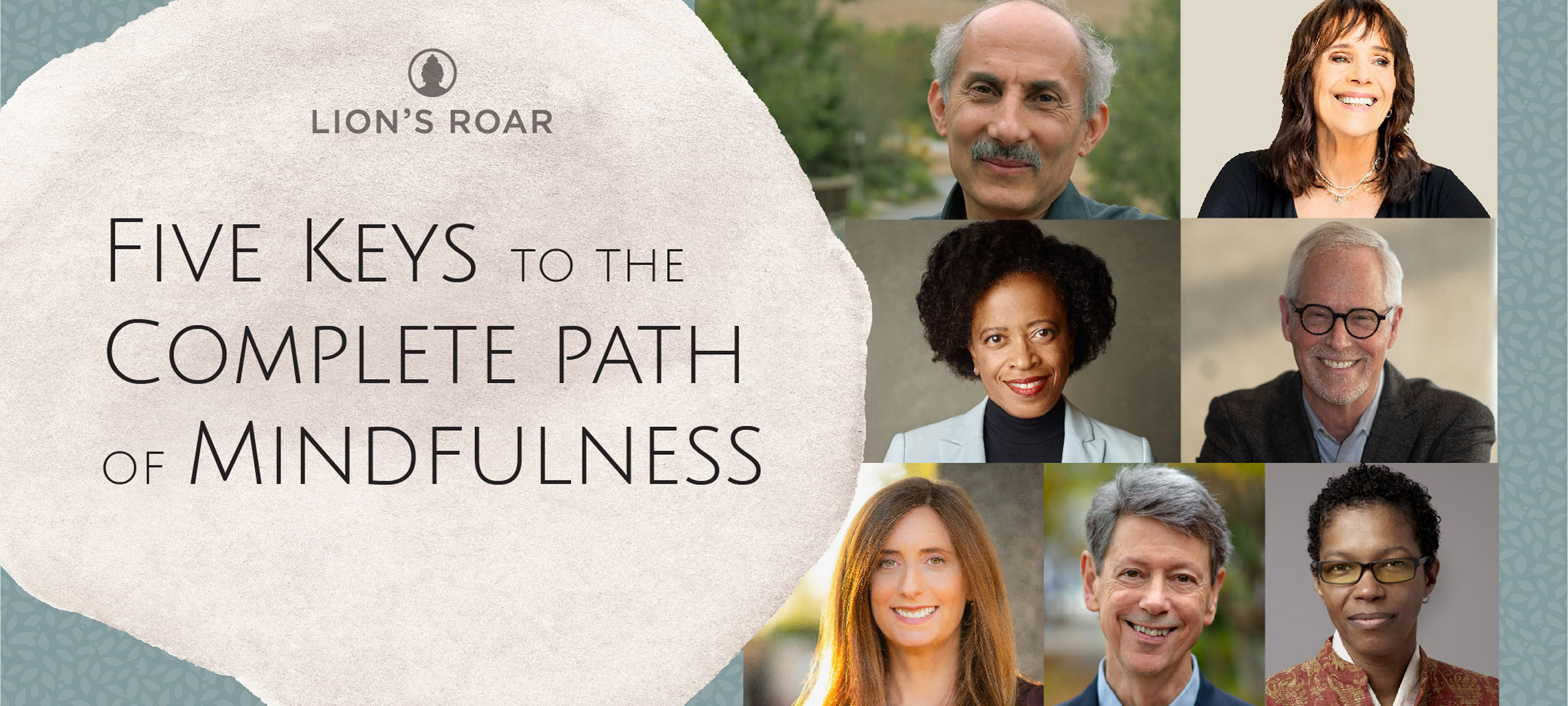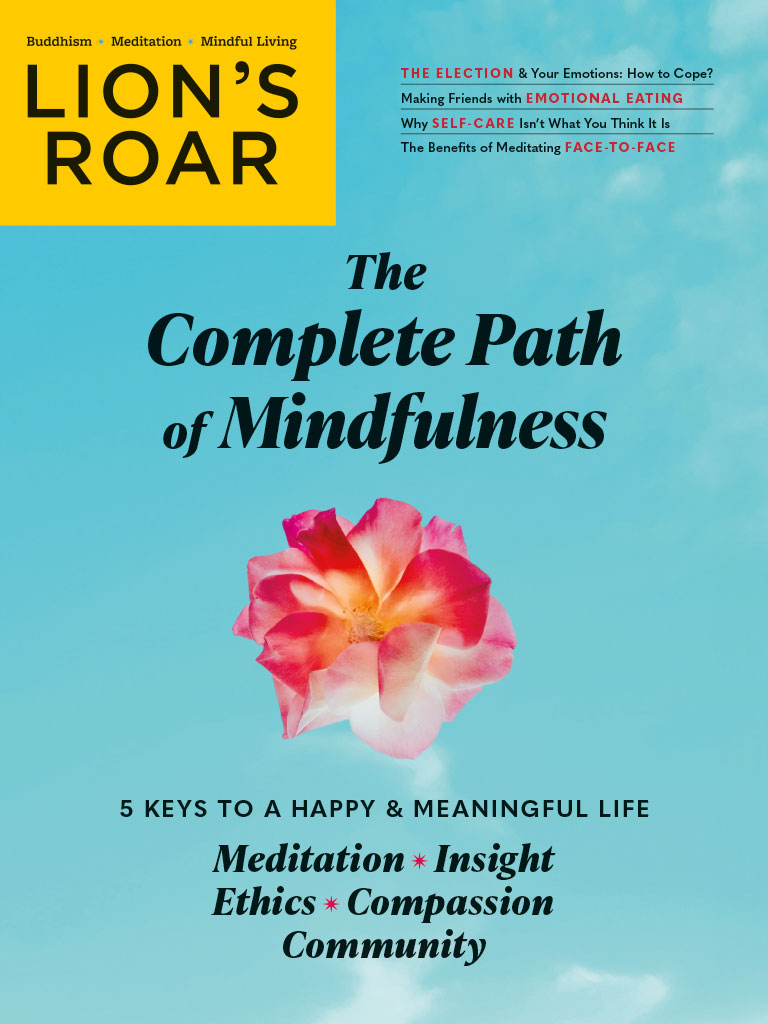Have you ever found yourself caught in the whirlwind of life, feeling like you’re merely existing rather than truly living? Jon Kabat-Zinn has spent decades helping individuals like yourself connect with the present moment, offering a transformative way to engage with the here and now. By trusting the present moment, mindfulness can become more than just a technique—it can be a gateway to a fuller, more meaningful life.

Who is Jon Kabat-Zinn?
Jon Kabat-Zinn is a professor of medicine emeritus and the creator of the Mindfulness-Based Stress Reduction (MBSR) program, a pioneering initiative that has brought mindfulness into mainstream medicine and the broader public consciousness. Kabat-Zinn’s work is at the intersection of science and spirituality, offering practical tools for dealing with the complexities of modern life.
The Foundation: MBSR Program
The MBSR program, developed in 1979, has been instrumental in making mindfulness accessible to those outside of traditional Buddhist practice. This program combines mindfulness meditation and yoga to help people manage stress, pain, and illness. Thousands of studies have validated the program’s effectiveness, demonstrating significant benefits for mental and physical health.
The Essence of Mindfulness
Mindfulness, as Kabat-Zinn teaches it, is about fostering a non-judgmental awareness of the present moment. It’s the practice of paying attention, on purpose, in the present moment, and without judgment. This practice can transform how you interact with life’s challenges and joys.
Beyond Meditation: A Way of Life
While many people associate mindfulness with meditation practices like sitting silently and focusing on your breath, Kabat-Zinn emphasizes that it is also a way of engaging with daily life. Whether you’re eating, walking, or even working, mindfulness can infuse everyday activities with a sense of presence and intention.
The “Full Catastrophe” of Living
Kabat-Zinn often refers to life’s “full catastrophe,” a term borrowed from the title of one of his books. This idea captures the chaotic, unpredictable nature of existence. Mindfulness allows you to face this “full catastrophe” with openness, clarity, and wisdom, transforming it from something overwhelming into something manageable.
Trusting the Present Moment
At the heart of Kabat-Zinn’s teachings is the notion of trusting the present moment. This trust is about learning to let go of your need to control every aspect of your life and instead, cultivate an attitude of acceptance and presence.
The Importance of Non-Judgment
One key component of trusting the present moment is developing a non-judgmental attitude. This means noticing your thoughts and feelings without labeling them as “good” or “bad.” By doing so, you create space to experience life as it unfolds, rather than getting caught up in mental chatter and emotional upheaval.
Building Resilience Through Mindfulness
When life throws challenges your way, mindfulness can be a source of resilience. By staying present and accepting the moment, you can respond to difficulties with a calm and clear mind. This doesn’t mean you won’t feel pain or discomfort, but you will be better equipped to handle it.
The Global Relevance of Mindfulness
Kabat-Zinn’s approach is more than a personal tool; it has global implications. Mindfulness has been incorporated into various sectors, including healthcare, education, and even corporate environments.
Mindfulness in Healthcare
Programs like MBSR are used in hospitals and clinics worldwide to help patients deal with chronic pain, cancer, and other medical conditions. Research has shown that mindfulness can reduce symptoms of anxiety, depression, and post-traumatic stress disorder (PTSD).
Mindfulness in Education
Educators are also finding mindfulness practices beneficial for both students and teachers. These practices can improve focus, emotional regulation, and overall academic performance. Teaching children mindfulness from a young age equips them with tools to handle stress and build emotional intelligence.

Learning and Applying Mindfulness
Considering the extensive benefits, you might wonder how to start incorporating mindfulness into your life. Thankfully, you don’t need to be an expert to begin.
Mindfulness Meditation: The Basics
Start with simple mindfulness meditation exercises. Set aside a few minutes each day to sit quietly, focus on your breath, and observe your thoughts without judgment. Over time, you’ll find it easier to stay present in other areas of your life as well.
Course Offerings: Deepening Your Practice
For those interested in furthering their mindfulness journey, courses such as the “Five Keys to the Complete Path of Mindfulness” offer structured guidance. These courses feature expert teachers like Trudy Goodman, Jack Kornfield, and Diana Winston, providing deep dives into the principles and practices of mindfulness.
| Course Features | Description |
|---|---|
| Weekly Live Sessions | Interactive sessions with experienced teachers |
| Guided Meditations | Step-by-step meditation instructions |
| Practical Exercises | Exercises to integrate mindfulness into daily life |
| Expert Teachings | Lessons from renowned mindfulness practitioners |
| Community Support | Access to a supportive community of learners |
Everyday Mindfulness Practices
Beyond formal meditation, try incorporating mindfulness into your daily activities. Pay full attention while you eat, noticing the flavors and textures of your food. Practice mindful walking by feeling each step and paying attention to your surroundings. These small actions can have a profound impact on your overall sense of presence and well-being.
The Benefits of Mindfulness
The practice of mindfulness offers numerous benefits that can enhance various aspects of your life.
Mental Health
Mindfulness has been shown to reduce symptoms of depression and anxiety. By fostering a sense of acceptance and awareness, you can break free from negative thought patterns and cultivate a more positive mindset.
Physical Health
The benefits of mindfulness extend to physical health as well. Studies have shown that regular mindfulness practice can reduce blood pressure, improve sleep quality, and even boost the immune system.
Enhanced Relationships
Being fully present in your interactions can improve your relationships. Mindfulness allows you to listen more attentively, respond more thoughtfully, and connect more deeply with others.

Challenges in Practicing Mindfulness
While the benefits are plentiful, practicing mindfulness isn’t without its challenges. It’s important to acknowledge these difficulties and find ways to navigate them effectively.
Common Obstacles
Many people struggle with keeping a consistent practice. Life’s demands, distractions, and sometimes the sheer difficulty of sitting with your own thoughts can be significant barriers.
Overcoming Challenges
To overcome these challenges, try setting a regular schedule for your practice, even if it’s just a few minutes each day. Join a mindfulness group or community for support and accountability. Remember, consistency is more important than duration, and being kind to yourself during this process is crucial.
Impact of Mindfulness on Global Challenges
Beyond personal benefits, the principles of mindfulness can offer solutions to broader societal issues. By fostering a sense of interconnectedness and compassion, mindfulness can contribute to a more peaceful and just world.
Mindfulness and Social Change
Mindfulness practices encourage you to recognize the interconnectedness of all beings, which can lead to a more compassionate approach to social issues. Activists and leaders in social movements have started to incorporate mindfulness into their work to sustain their efforts and promote peaceful, non-violent action.
Environmental Awareness
Mindfulness can also play a role in addressing environmental issues. By fostering a deep sense of presence and connection to the natural world, individuals are more likely to make sustainable choices and advocate for environmental protection.

Conclusion
Jon Kabat-Zinn’s teachings on mindfulness and trusting the present moment offer profound insights into living a more meaningful and fulfilling life. By embracing mindfulness, you can transform your relationship with yourself, others, and the world around you. Whether through formal meditation practices or by infusing everyday activities with mindfulness, you have the power to cultivate presence, acceptance, and peace in your life.
Mindfulness is not just a tool for individual well-being but a potential catalyst for positive global change. By trusting the present moment, you not only navigate life’s challenges with greater ease but also contribute to a more compassionate and interconnected world.
If you’re ready to explore the richness of the present moment and unlock the full potential of mindfulness, consider taking structured courses or simply beginning with mindful minute practices each day. Remember, the path to mindfulness is a journey, not a destination, and every moment—when truly lived—has the power to transform your life.



